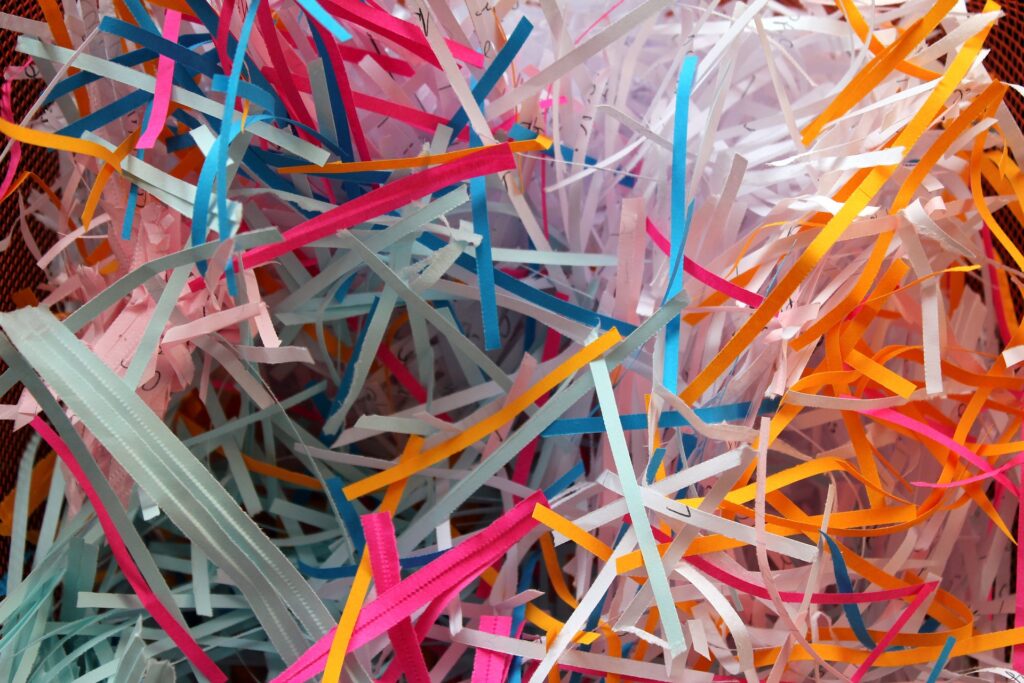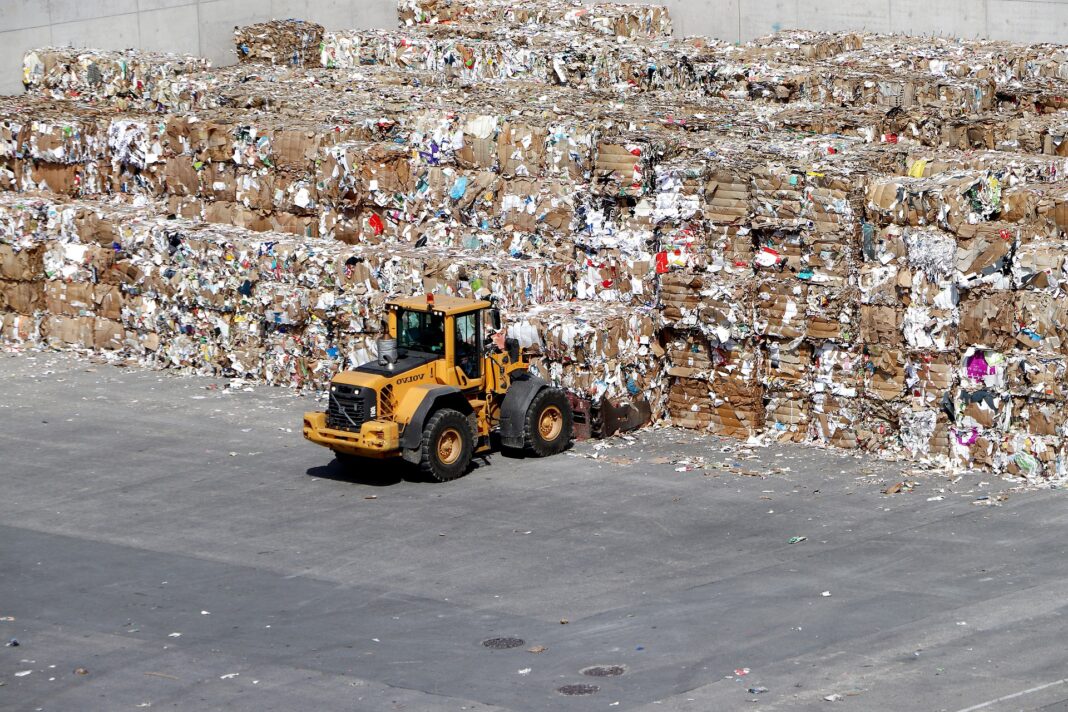We all know that cutting down trees is bad. We also know that paper comes from trees. Paper, we use so heavily in our everyday lives, that we may not even realize the amount of it. Products such as newspaper, office and catalog paper, paper-based packaging, tissues, and toilet paper. It accounts for 13-15% of total wood consumption. However, we live in a world where the majority of people own smartphones or laptops, so going paperless could be a good idea for nearby future. Let’s look at some problems with papermaking.
Issues with deforestation and pollution
The paper industry is one of the biggest producers of industrial pollution. In India, The Ministry of Environment and Forest has deemed that the pulp and paper industry as one of the most polluting industries in the country. Despite having access to modern digital resources, that could throw heavy textbooks and balled up recipes into the deep past, the United States still consumes an enormous amount of paper. Making paper requires a significant amount of water, as well as, paper mills do. After the water has been used, that same water, now dirtied from the production process, is carelessly poured out. This affects the water quality in nearby rivers and canals. Issues related to deforestation include illegal harvesting, a lack of forest conservation, social conflicts, human rights violations, and damaging plantation development.
The vast amount of waste
Every year, we throw away enough wood and paper to heat 50 000 000 homes for around 20 years. That’s about 1 billion trees worth of waste! In the United States, the average home discards 13 000 pieces of paper annually.
Every change begins with small steps. So, it may be time to start thinking about not buying one-use-only tissues, but washing the ‘good old fashion’ cotton tissue or reading the news on the internet, rather than buying a newspaper.
Sources:
https://www.onegreenplanet.org/environment/the-problem-with-the-paper-industry/ https://www.worldwildlife.org/industries/pulp-and-paper
photo credit: Pixabay















